There are still many difficulties.
Sharing at the 2025 Higher Education Conference, Mr. Vu Minh Duc - Director of the Department of Teachers and Educational Managers ( Ministry of Education and Training ) said that according to statistics from the industry database, the whole country has nearly 86,000 full-time university lecturers, of which more than 70,000 people work at public institutions. This team has nearly 750 professors, more than 5,900 associate professors, more than 30,000 PhDs and nearly 50,000 masters. In recent years, the number of lecturers has increased rapidly, the quality has gradually improved, and some have integrated with international standards.
However, in the context of innovation in higher education and globalization, the teaching staff has not really met the development requirements in both teaching and scientific research. The remuneration regime is not attractive enough to retain talented people or attract prestigious scientists at home and abroad.
According to Mr. Vu Minh Duc, in recent times, the State has issued many important policies to develop the teaching staff: Standardizing qualifications, regulating working regimes, expanding doctoral training, encouraging scientific research, improving salaries, income and working environment. However, in reality, these policies still reveal many shortcomings.
The working regime stipulated in Circular 20/2020/TT-BGDDT is open, giving autonomy to higher education institutions, but still has limitations in converting standard hours. This makes scientific research activities not encouraged, making it difficult to retain good lecturers.
The salary and allowance policy applies generally to civil servants in public service units according to Decree 204/2004/ND-CP, with coefficients ranging from 2.34 to 8.0 depending on the rank. In addition, lecturers are entitled to a preferential allowance of 25-45% depending on the subject, along with a seniority allowance of 5% or more after 5 years of work. However, this income level is still not commensurate with the workload and professional requirements.
The training and professional development policy has also implemented many projects (Projects: 322, 599, 911, recently 89) to support lecturers to study for master's and doctoral degrees at home and abroad. Some schools also support tuition fees, living expenses and participation in scientific conferences. However, the rate of lecturers participating in training is still very low. The reason is that the level of support is not enough, many higher education institutions do not pay due attention.
The initial policy affirms that scientific research is a compulsory task, and at the same time opens many funds and funding programs from the grassroots to the national level. Some schools have mechanisms to reward lecturers for international publications and support their participation in conferences. However, the major difficulties lie in the lack of financial resources, limited research funding and complicated procedures.
Working conditions for lecturers have improved as many schools invest in laboratories, research labs, and support public housing, especially for young lecturers. However, the promotion and appointment mechanism is still cumbersome, inflexible, and not closely linked to quality, making it difficult to create long-term motivation.
Talent attraction policies have been implemented by a number of schools and localities, such as initial subsidies, housing support, research conditions or special admission for leading scientists and people with high academic degrees. However, this policy is generally not competitive enough internationally, making it difficult for Vietnam to attract and retain good experts.
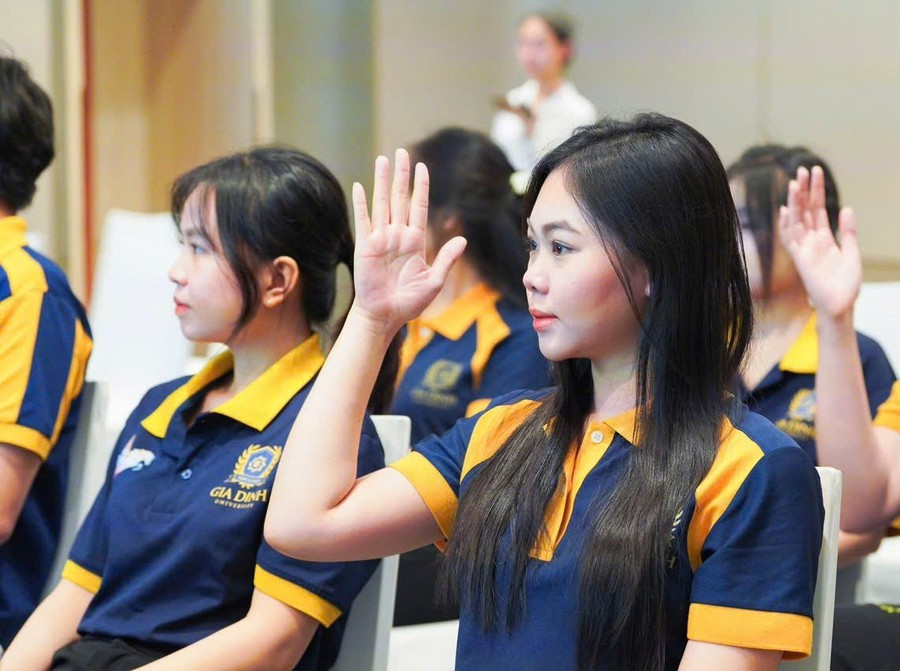
Moving from “management” to “development”
Prof. Dr. Ngo Thi Phuong Lan - Principal of the University of Social Sciences and Humanities, Ho Chi Minh National University commented: Compared to previous Resolutions, Resolution No. 71-NQ/TW of the Politburo on breakthroughs in education and training development (Resolution 71) represents a fundamental change in thinking and policy orientation for teachers and managers.
The first breakthrough is the shift from “management” to “development” thinking. The resolution not only considers teachers as a force for management but also as the core and driving force for development. Accordingly, the policy focuses on creating a favorable environment for each teacher to maximize their capacity, be respected and contribute.
The second breakthrough is the change in the way quality is assessed. Instead of focusing only on the number of degrees, Resolution 71 emphasizes practical effectiveness and innovation. This encourages teachers to constantly update their knowledge, innovate teaching methods, especially applying digital technology and approaching international standards.
The third breakthrough is the increased autonomy of higher education institutions. With greater autonomy, schools will have more initiative in recruiting, training, and arranging personnel, thereby optimizing resources and improving the quality of the team.
“We hope that after Resolution 71 comes into effect, the team of teachers and managers will not only impart knowledge, but also be researchers, companions, inspirers and promote creativity in learners,” shared Prof. Dr. Ngo Thi Phuong Lan.
Ensure feasibility and effectiveness
The implementation of Resolution 71, according to Professor Ngo Thi Phuong Lan, will certainly face many challenges, especially in the current context of universities.
The biggest challenge is changing the mindset and working habits of a significant number of teachers and administrators. To move from traditional teaching methods to a modern, learner-centered approach requires great effort and perseverance.
The second challenge is the pressure on resources to invest in training and improving qualifications. Despite the policy, budget allocation and mobilization of social resources still face many difficulties.
To ensure the feasibility and effectiveness of Resolution 71, Prof. Dr. Ngo Thi Phuong Lan said that it is necessary to deploy a set of synchronous solutions. Accordingly, in terms of policies and mechanisms, it is necessary to specify the remuneration policy, create motivation for excellent teachers; build a scientific and fair evaluation mechanism, based on work performance and actual level of contribution.
Regarding training and development, it is necessary to strengthen in-depth training programs on modern teaching methods, digital skills, and scientific research; organize seminars and forums to share experiences and learn from each other. At the same time, it is necessary to build a professional working environment, encourage autonomy, creativity, and a spirit of cooperation. Apply technology in management to reduce administrative work, helping teachers have more time for their expertise.
“I believe that with the consensus of the whole society, the determination of leaders at all levels and the efforts of each individual, we will overcome the challenges to bring Vietnamese higher education to a new level,” said Prof. Dr. Ngo Thi Phuong Lan.
According to Mr. Vu Minh Duc, to meet the development requirements in the context of integration and digital transformation, policies for university lecturers need to continue to be strongly innovated. First of all, it is necessary to overcome shortcomings in working regimes, salaries, and benefits, while creating favorable conditions for lecturers to develop their careers.
On the one hand, it is necessary to increase investment and support for postgraduate training, expand research opportunities, create a fund for substantial science and technology development, and reduce administrative procedures. On the other hand, policies must encourage the attraction of domestic and foreign talents with flexible remuneration mechanisms commensurate with capacity and contribution.
“Retaining and attracting talent is a key factor in determining the quality of Vietnamese higher education. Only when lecturers are treated fairly and have a favorable working environment, will they truly devote themselves to teaching and research, thereby contributing to improving the quality and status of our country’s higher education,” said Mr. Vu Minh Duc.
Source: https://giaoducthoidai.vn/nghi-quyet-71-thay-doi-can-ban-tu-tu-duy-den-dinh-huong-chinh-sach-post750758.html



![[Photo] General Secretary To Lam receives President of the Senate of the Czech Republic Milos Vystrcil](/_next/image?url=https%3A%2F%2Fvphoto.vietnam.vn%2Fthumb%2F1200x675%2Fvietnam%2Fresource%2FIMAGE%2F2025%2F11%2F21%2F1763723946294_ndo_br_1-8401-jpg.webp&w=3840&q=75)
![[Photo] President Luong Cuong receives Speaker of the Korean National Assembly Woo Won Shik](/_next/image?url=https%3A%2F%2Fvphoto.vietnam.vn%2Fthumb%2F1200x675%2Fvietnam%2Fresource%2FIMAGE%2F2025%2F11%2F21%2F1763720046458_ndo_br_1-jpg.webp&w=3840&q=75)
![[Photo] Visit Hung Yen to admire the "wooden masterpiece" pagoda in the heart of the Northern Delta](/_next/image?url=https%3A%2F%2Fvphoto.vietnam.vn%2Fthumb%2F1200x675%2Fvietnam%2Fresource%2FIMAGE%2F2025%2F11%2F21%2F1763716446000_a1-bnd-8471-1769-jpg.webp&w=3840&q=75)
![[Photo] National Assembly Chairman Tran Thanh Man holds talks with President of the Senate of the Czech Republic Milos Vystrcil](/_next/image?url=https%3A%2F%2Fvphoto.vietnam.vn%2Fthumb%2F1200x675%2Fvietnam%2Fresource%2FIMAGE%2F2025%2F11%2F21%2F1763715853195_ndo_br_bnd-6440-jpg.webp&w=3840&q=75)

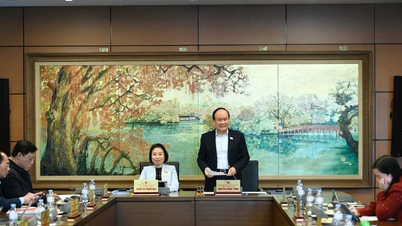


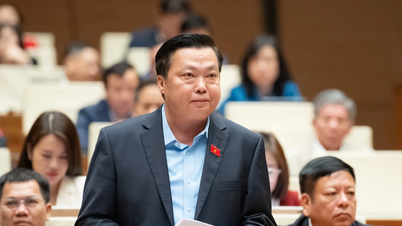
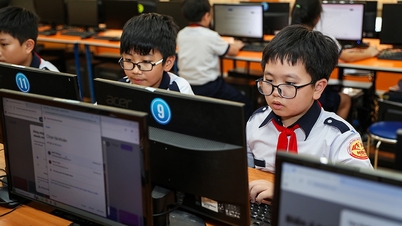



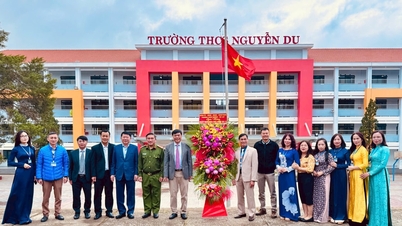


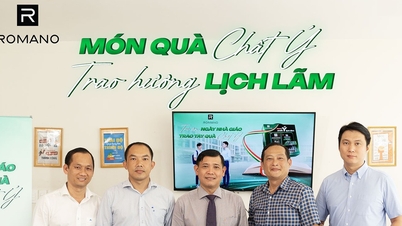
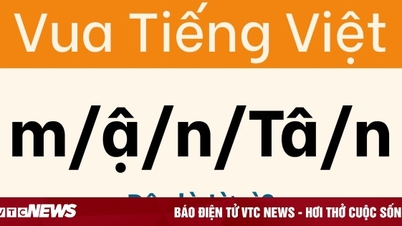


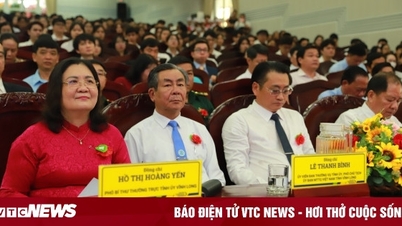







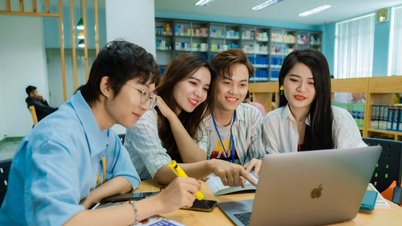



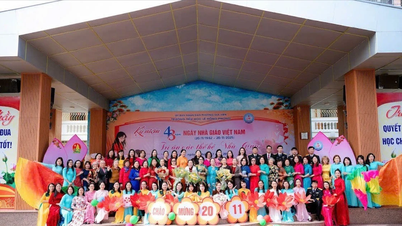











































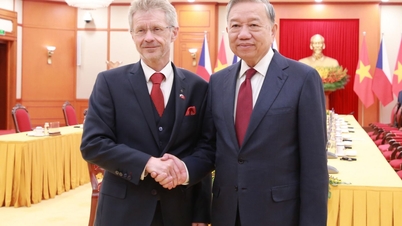



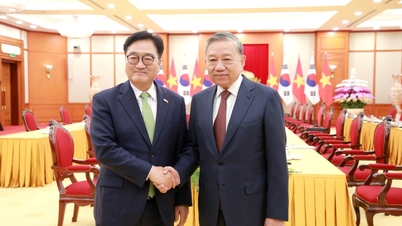
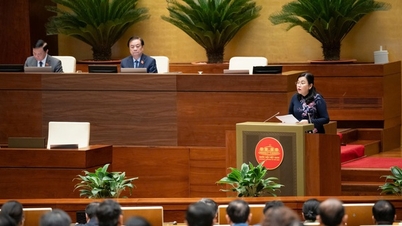


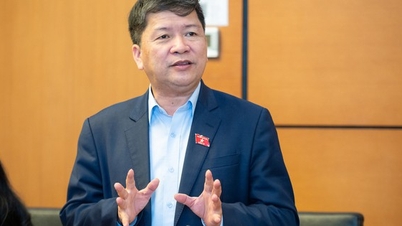



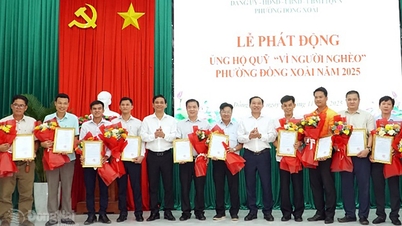
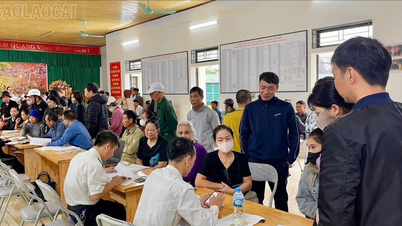

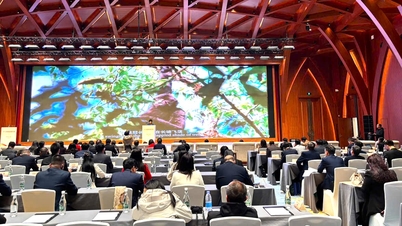












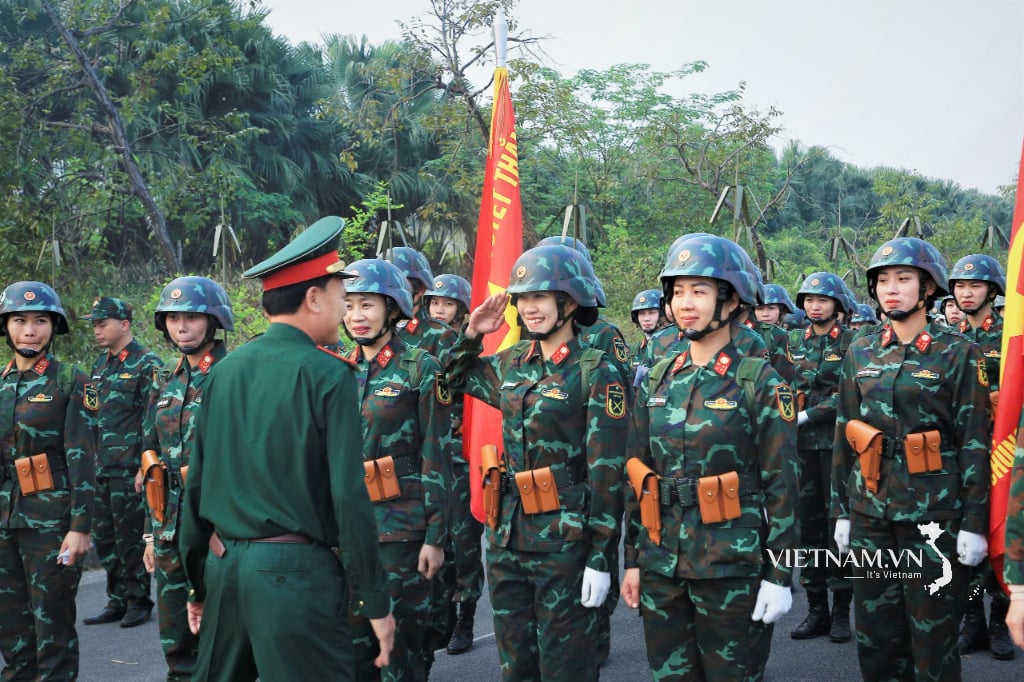



Comment (0)